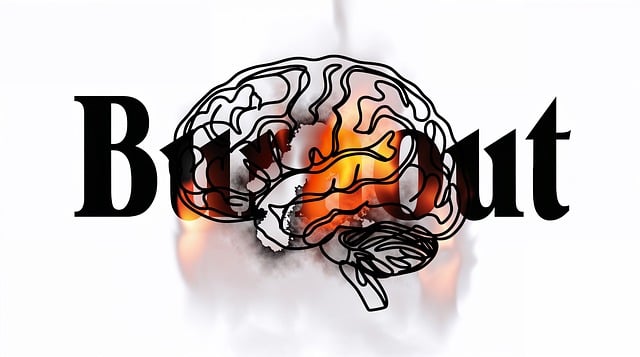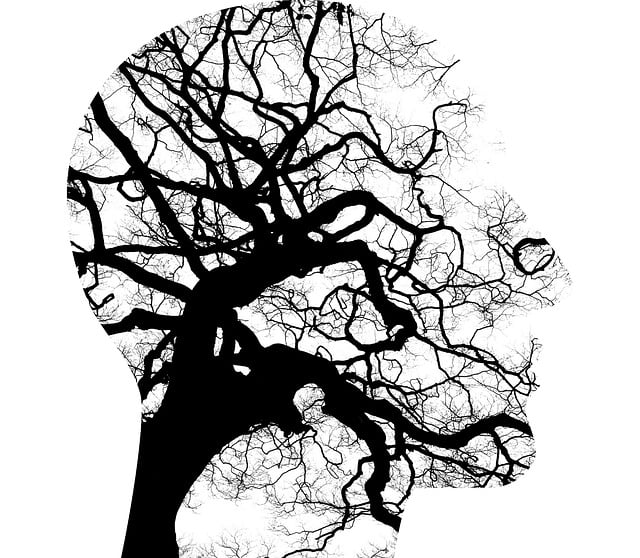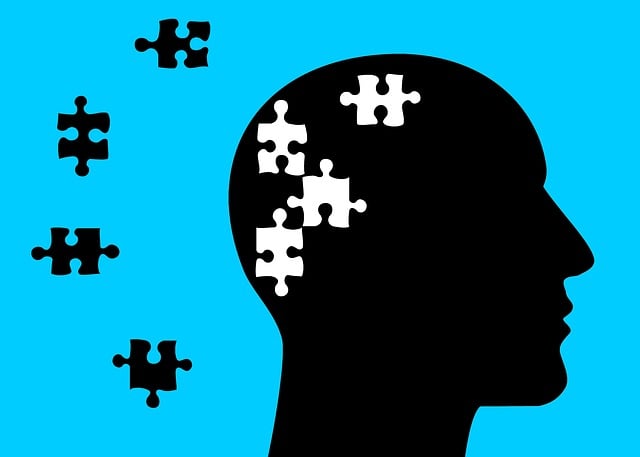Wheat Ridge Self-Esteem Therapy leverages group dynamics for successful mental wellness programs. Facilitators create a safe, supportive environment through tailored communication strategies, conflict resolution, and mental health education. Open communication, active listening, and structured activities build trust and connection among members. The holistic approach combines stress reduction methods, social skills training, and mindfulness meditation to enhance self-esteem, emotional intelligence, and resilience. Continuous evaluation ensures the program stays dynamic and aligned with members' evolving needs, making Wheat Ridge Self-Esteem Therapy a leading provider in group facilitation for mental wellness.
Mental wellness group facilitation plays a pivotal role in fostering community, understanding, and growth. This article explores techniques tailored for effective group leadership, focusing on the unique aspects of Wheat Ridge Self-Esteem Therapy. From comprehending dynamic group behaviors to implementing strategies for open communication and trust-building, each section provides insights for facilitators aiming to create safe, supportive environments. Discover how these practices enhance therapeutic outcomes, ensuring groups remain engaging, productive, and ultimately, transformative.
- Understanding Mental Wellness Group Dynamics
- The Role of a Facilitator in Wheat Ridge Self-Esteem Therapy
- Engagement Strategies to Foster Open Communication
- Techniques for Building Trust and Connection
- Measuring Success and Adjusting Facilitation Approaches
Understanding Mental Wellness Group Dynamics

Understanding Mental Wellness Group Dynamics is a cornerstone of effective facilitation, particularly at Wheat Ridge Self-Esteem Therapy. Groups provide a unique environment where individuals can share experiences, learn from one another, and develop coping strategies collectively. Facilitators play a vital role in navigating this dynamic landscape. They must foster open communication using tailored Communication Strategies, ensuring every member feels heard and respected. By encouraging active participation and promoting empathy, facilitators create a safe space that empowers personal growth.
Within these groups, members often grapple with diverse perspectives and backgrounds, presenting opportunities for both connection and conflict. Implementing Conflict Resolution Techniques becomes essential to address differences constructively. Well-designed Mental Health Education Programs further enhance group cohesion by providing knowledge and skills tailored to the collective’s needs. Through careful management of dynamics, facilitators can transform these interactions into a powerful tool for mental wellness, ultimately enriching the therapeutic experience at Wheat Ridge Self-Esteem Therapy.
The Role of a Facilitator in Wheat Ridge Self-Esteem Therapy

In Wheat Ridge Self-Esteem Therapy, the role of a facilitator goes beyond merely organizing sessions. They are the guiding force that fosters an environment conducive to self-discovery and growth. Through active listening, empathetic responses, and thoughtful questions, facilitators help group members explore their emotions, challenge negative thought patterns, and build self-confidence. This supportive dynamic encourages open communication, allowing individuals to share their experiences and learn from one another, thereby enhancing both social skills and emotional intelligence.
The facilitator’s expertise also extends to integrating various stress reduction methods tailored to the group’s needs. By incorporating techniques like mindfulness exercises or cognitive-behavioral strategies, they enable participants to manage anxiety and stress more effectively. This holistic approach ensures that Wheat Ridge Self-Esteem Therapy not only boosts self-esteem but also equips individuals with practical tools for maintaining mental wellness in their daily lives, including improved resilience against life’s challenges.
Engagement Strategies to Foster Open Communication

In facilitating mental wellness groups, fostering open communication is key to creating a safe and supportive environment, especially in practices like Wheat Ridge Self-Esteem Therapy where Mind Over Matter principles are emphasized. Engaging participants through interactive activities, such as icebreakers that encourage personal sharing, helps build camaraderie and trust from the outset. This not only breaks down barriers but also paves the way for deeper discussions on sensitive topics related to mental health awareness.
Additionally, incorporating practices like Mindfulness Meditation into group sessions can significantly enhance communication dynamics. By teaching participants to focus on the present moment, mindfulness techniques calm minds and reduce defensiveness. As a result, individuals become more receptive to sharing their experiences, thoughts, and feelings openly. This fosters an atmosphere of genuine connection, where every member feels heard and valued, reinforcing the core principles of mental health awareness and personal growth.
Techniques for Building Trust and Connection

Building trust and connection is a cornerstone of effective group facilitation, particularly when using techniques like those offered at Wheat Ridge Self-Esteem Therapy. Creating a safe and supportive environment begins with establishing clear boundaries and promoting active listening. Facilitators should model open and honest communication, ensuring every member feels heard and respected. This can be achieved through structured activities that encourage participants to share their experiences and perspectives, fostering a sense of belonging.
Additionally, integrating practices like Social Skills Training and Mindfulness Meditation can enhance interpersonal connections. Mental Health Education Programs Design that focus on empathy and understanding can help group members build stronger relationships. By creating opportunities for mutual support and encouragement, facilitators enable individuals to develop confidence in expressing their true selves, thereby deepening the sense of trust within the group.
Measuring Success and Adjusting Facilitation Approaches

Measuring success is a crucial aspect of group facilitation, allowing for adjustments and improvements to be made. As facilitators at Wheat Ridge Self-Esteem Therapy, we employ various qualitative and quantitative methods to assess progress. Qualitatively, observation and member feedback are invaluable tools; tracking participants’ engagement, interaction patterns, and emotional shifts provide insights into the group’s dynamics. This includes noting improvements in self-expression, active listening, and the creation of a supportive environment—hallmarks of successful mental wellness programs.
Quantitatively, standardized assessments and surveys can gauge specific areas of improvement related to mental health education and emotional healing processes. By comparing pre- and post-group data, we identify key areas where our facilitation techniques resonate. This data-driven approach enables us to refine our strategies, ensuring the group’s progress aligns with the design goals of our Mental Health Education Programs. Ultimately, continuous evaluation fosters a dynamic and adaptive facilitation environment tailored to members’ evolving needs.
Group facilitation techniques, such as those employed in Wheat Ridge Self-Esteem Therapy, play a pivotal role in enhancing mental wellness. By understanding group dynamics and utilizing strategies for open communication, trust building, and successful measurement, facilitators can create a supportive environment that encourages growth and transformation. These skills are essential for navigating complex social interactions and fostering meaningful connections, ultimately revolutionizing mental health support within groups.













